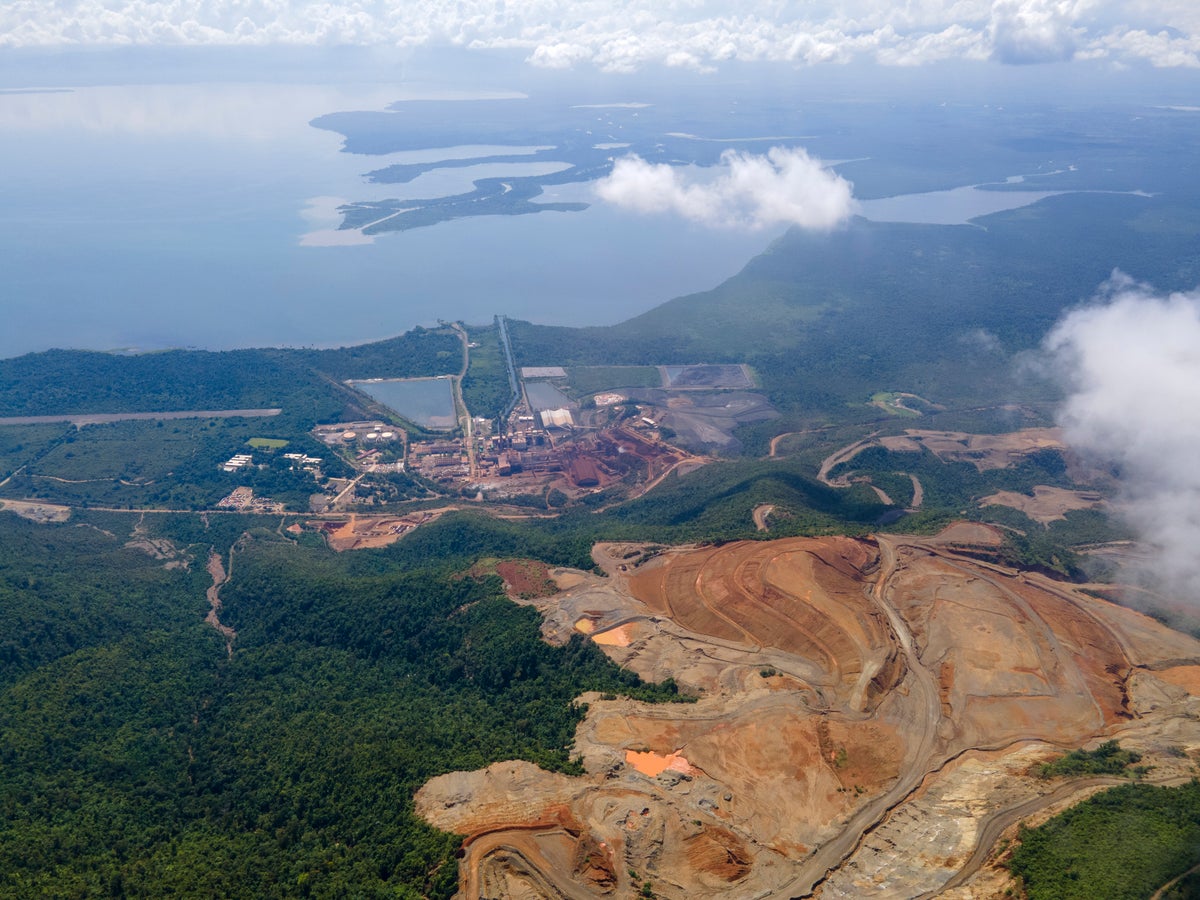
Solway Investment Group, a Switzerland-based mining company with interests in Guatemala, said Monday it agreed with a regional court’s decision requiring the Guatemalan government to recognize the property rights of an Indigenous community.
The company, which was not a party to the case, stressed that the Inter-American Court of Human Rights decision handed down Friday “does not cover the right of the company to conduct mining operations in the areas outside the Agua Caliente community lands.”
The delineation of those lands will be part of the process for the Guatemalan government in complying with the court’s decision, Carlos Pop, one of the lawyers representing the community, said Monday.
On Friday, the Inter-American Court of Human Rights ruled that Guatemala violated the rights of the Indigenous Q’eqchi’ people to property and consultation by permitting mining on land where members of the community have lived at least since the 1800s.
The court ordered Guatemala to adopt new laws that recognize Indigenous property and gave the government six months to begin awarding a land title to the Agua Caliente community.
As of Monday, Guatemalan authorities had not commented beyond saying they would review the court’s decision closely.
The land dispute began years before Solway purchased the two local companies in 2011. The company said it had not actively mined the disputed area, though Pop said exploration under prior owners had occurred there.
“Solway will assist and cooperate with the Guatemalan Government to achieve justice for the Indigenous peoples whose rights were found by the Court to be injured,” the company said in a statement. “We will support the efforts of the Guatemalan government to conduct discussions with (the) Agua Caliente community as the court ruling stipulates.”
Solway also said it hoped to soon resume production at the nickel mine after the U.S. Treasury suspended sanctions against its local Guatemalan subsidiaries in late September.
The sanctions, unrelated to the court case, had been imposed against the companies and two of their employees last year for allegedly bribing judges, politicians and local officials, according to the U.S. Treasury’s Office of Foreign Assets Control. The employees were fired and Solway said it had implemented reforms aimed at improving transparency and accountability.
“We are hopeful that, now that OFAC has issued Solway a one year license, that the Guatemalan government will agree to re-issue the export permits immediately. This would allow the Solway’s Guatemalan companies' nickel mines to renew their supplies to the U.S. and other customers who need this valuable nickel for electric car batteries and other clean energy uses,” said Lanny J. Davis, a Washington D.C. attorney representing Solway.
____
Follow AP’s coverage of Latin America and the Caribbean at https://apnews.com/hub/latin-america







